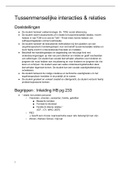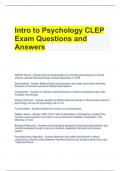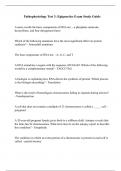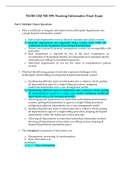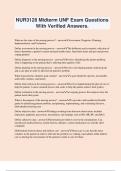Exam (elaborations)
GSU ASTR 1020 Final Exam Questions and Answers 2024
- Course
- Institution
Luminosity - The total amount of power a star emits into space that's measured in watts. Apparent Brightness - Amount of starlight that actually reaches Earth HR Diagram - is a graphical tool that astronomers use to classify stars according to their luminosity, spectral type, color, temperatu...
[Show more]





